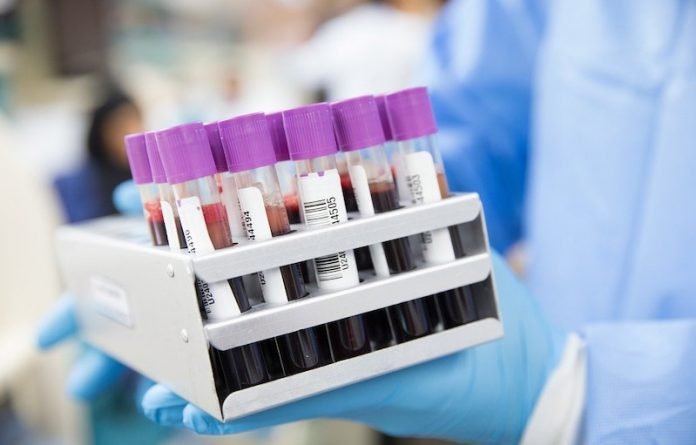
In a study from Lund University, scientists found a blood test can detect pancreatic cancer in the very earliest stages of the disease.
Pancreatic cancer is currently very difficult to detect while it is still resectable.
Due to diffuse symptoms, pancreatic cancer is usually diagnosed very late in the disease progression.
Therefore, despite pancreatic cancer representing less than 3% of all cancer cases, more people currently die from it than from breast cancer. By 2030, pancreatic cancer is expected to be the second deadliest type of cancer in the world.
In the study, researchers used samples from patients in both Denmark and the US, at different stages of the disease.
The blood test is developed on a so-called antibody microarray that consists of hundreds of recombinant antibody fragments.
These antibody fragments are specific for a number of immune-regulatory proteins, cancer-associated antigens, and so on.
Since the immune system is the first to respond to threats like complex diseases, such as cancer, autoimmune diseases, and infections, the microarray was designed to mirror this early response.
This provides information about the development of tumors long before being visible on CT or detected by ctDNA. From those hundreds of markers, 29 markers were selected to detect pancreatic cancer with 96% accuracy at stages I and II.
The team found the blood test can detect pancreatic cancer with 96% accuracy at stages I and II, while there is still the possibility of successful surgical intervention.
There is currently no cure and few treatment options for advanced pancreatic cancer, which is the late stage when pancreatic cancer is usually diagnosed.
In the future, the screening method could be used to screen people who are at a higher risk of developing pancreatic cancer, such as those with a hereditary risk, newly onset diabetes patients, and patients with chronic inflammation of the pancreas.
If you care about cancer, please read studies about new vaccine to prevent pancreatic cancer, and many existing drugs can kill cancer.
For more information about cancer risk, please see recent studies about drug that can strengthen immune system to fight cancer, and results showing Aspirin may boost survival in these cancers.
The research was published in the Journal of Clinical Oncology and conducted by Carl Borrebaeck et al.
Copyright © 2022 Knowridge Science Report. All rights reserved.



